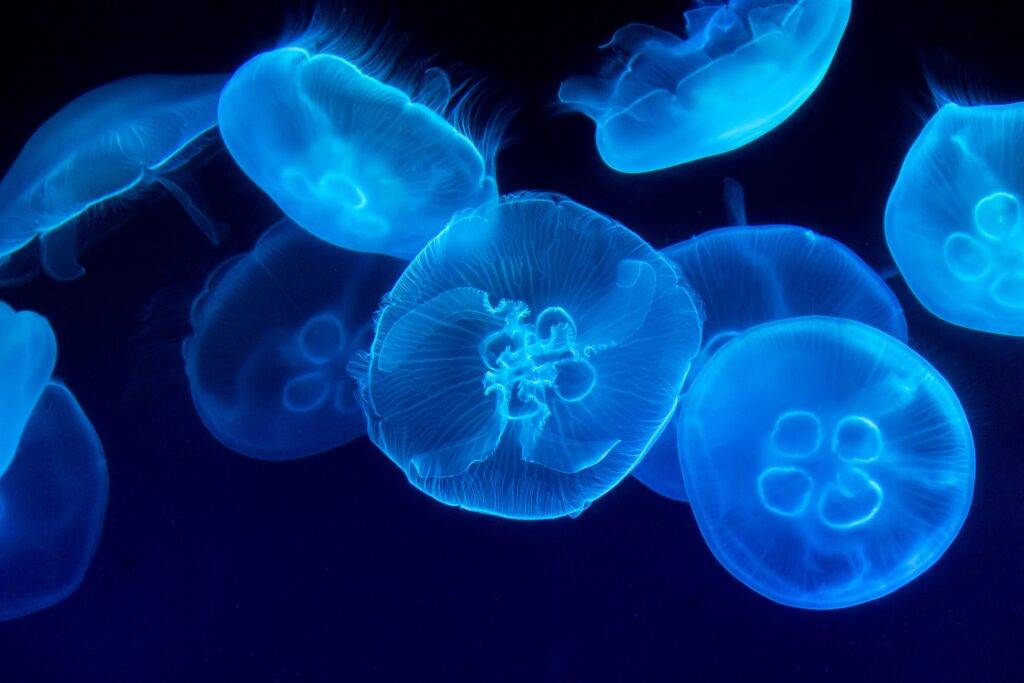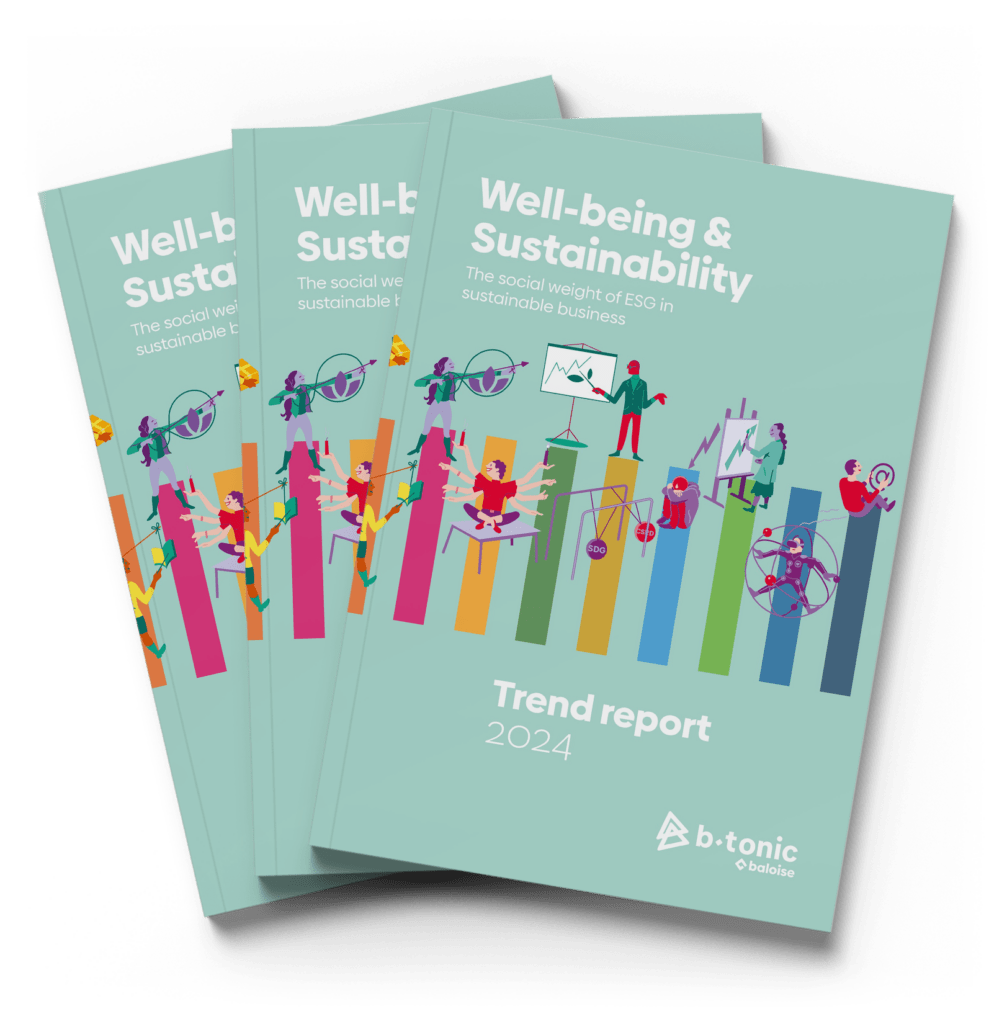Summer is a wonderful time of relaxation, balmy evenings and children playing. Unfortunately, summer can also cause some trouble. Here we list useful tips for the 6 most common accidents.
1. Sun stroke
Heat-related illnesses are one of the most common problems doctors encounter in their practices during these hot months. This can range from mild dehydration to a severe heat stroke. Thus, prolonged sun exposure can lead to symptoms such as nausea, dizziness, headaches and confusion. With these tips, you will not let a sunburn spoil your holiday.
What can I do?
To prevent heat stress from spoiling your vacation, there are several precautions you can take to protect yourself from prolonged heat. To begin with, it is best to drink more water than usual, even if you do not feel thirsty right away. How much? There is no scientifically substantiated answer to that question. It is usually recommended to calculate approximately 30 ml of water per kilogramme of body weight. Women would typically need around 1.5 to 2 liters of water, while men would require approximately 2 to 3 liters. But beware: avoid alcohol and sugary drinks. And if it gets really hot, try not to stay outside for too long, especially during the hottest moments of the day – between 2 and 4 p.m.

2. Swimming accidents and hydrocution
During summer, many people head for the water, looking to cool off. As a result, many doctors also see a marked increase in swimming-related accidents during the summer months. Therefore, it is best to always pay attention before taking a dip in a lake, river or swimming pool. Hence, the major danger of swimming in cold water is hydrocution, a phenomenon where a swimmer can lose consciousness due to sudden contact with cold water. This is more common in hot weather because the temperature difference is bigger.
What can I do?
When you feel like you are about to faint or experience symptoms such as headache, shivering, and dizziness, it is best to get out of the water as quickly as possible and warm yourself up. If you notice someone losing consciousness, remove them from the water and call emergency services at 112. If the person is still breathing, place them on their side and try to warm them up with a blanket. If the person is no longer breathing, apply mouth-to-mouth resuscitation and chest compressions until emergency services arrive at the scene. After the person in question returns to his senses, do not leave him alone and keep an eye on him for several hours.

3. Burns
A burn happens quickly, whether you burn your finger on a hot barbecue or you’ve been out in the sun for too long. Acting quickly can prevent a lot of suffering. Fortunately, minor burns can be treated well at home without the immediate involvement of a doctor. For severe burns and when in doubt, it is always advisable to seek the help of your general practitioner or a specialist.
What can I do?
Cool the burn as soon as possible with cool or lukewarm tap water. Do this for at least 10 to 20 minutes, until the pain is relieved. Is it a minor burn? Then, after rinsing, apply a moisturising ointment and cover the wound. Is there a severe burn? After applying first aid cooling measures, apply a wet dressing to the wound and consult a doctor. In addition, blistering often occurs with burns. If that is the case, it is best not to poke these open.

4. Food poisoning
Unfortunately, a lot of people experience food poisoning in summer every year as a result of the heat. A lot of cases involve poisoning with salmonella bacteria. Usually, raw eggs are the culprits. Those who take food with them in a hot car trunk, leave a cooler in the sun all day, or who do not handle meat in a hygienic manner are at risk of trouble.
What can I do?
When it comes to food poisoning, the motto is: prevention is better than cure. When shopping, do so at times when it is less warm such as early in the morning or in the early evening. And transport them in a cooler bag if necessary. In addition, use separate cutting boards for cutting raw meat and use a clean knife for each product. You should also avoid putting raw and prepared products together on a dish or plate. Do you get sick anyway? In that case, drink enough water to reduce the risk of dehydration. Usually, the complaint goes away on its own after one to three days. But if you have a fever over 38.5°C in addition to diarrhoea, it is better to consult a doctor.

5. Jellyfish sting
Currents and easterly winds often strand them near the North Sea. They are transparent and if you step on them or come into contact with them in the water, it can cause a nagging pain. According to many, urine helps against the pain when you have suffered a jellyfish bite, as it neutralises the poison. But does it really?
What can I do?
Do not rub the wound, but flush it with seawater as soon as possible to wash away the released poison. However, do not use tap water. If possible, immerse the stung body part in warm water (maximum 45 degrees Celsius) for half an hour until the pain is relieved. Try to remove any remains of tentacles, preferably with gloves or tweezers. To be on safe, it is also best to visit a beach aid station, a GP or pharmacist for an ointment to relieve itching. And peeing? It is best not to. Urinating over a jellyfish bite is a myth and can actually make the itching or pain worse. This is because of the acid found in urine.

6. Processionary caterpillar
Severe itching, a burning sensation, rashes: the processionary caterpillar does not have the best reputation. The oak processionary caterpillar is the larva of a moth. Before they are fully grown, they will moult about six times. From the third moult, they carry tiny urticating hairs on their backs. These urticating hairs that can cause problems in the months of May, June and July. Especially for children playing in nature, they pose a danger.
What can I do?
When entering densely forested areas, it is recommended to wear long-sleeved clothing to protect yourself from the urticating hairs. Do you still come into contact with the processionary caterpillar and get miserable itching? Then wash your hands, do not rub your skin or scratch it. If you care for someone else, wash your hands and put on disposable gloves. Take off all your clothes and wash them as hot as possible and dry them in the dryer. The best thing you can do is take a shower and wash your hair thoroughly. For mild symptoms, no medication is needed. They normally disappear on their own within 2 weeks. If you have really severe itching, visit your pharmacist for an itch-preventing ointment.






